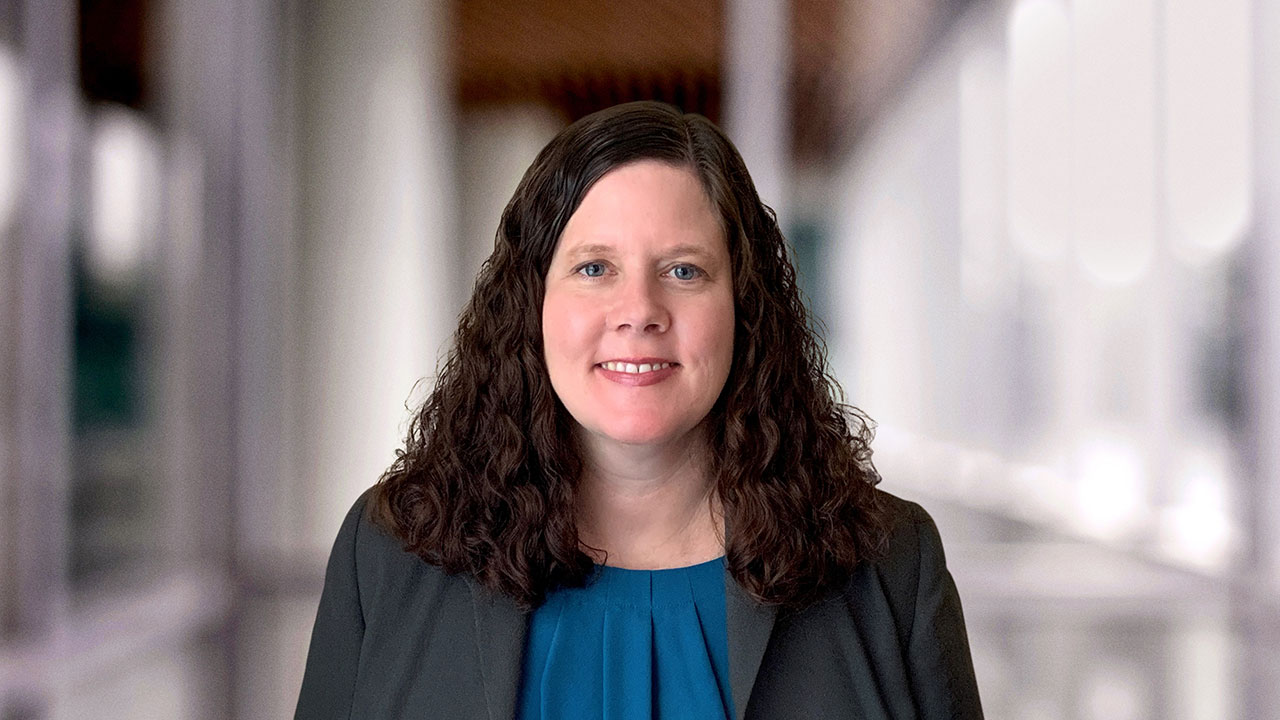
Tracy Lewis is Tetra Tech’s Wastewater and Water Reclamation global practice leader.
She has more than 25 years of experience in the planning, permitting, design, construction administration, start-up, and overall management of wastewater treatment and water reclamation projects. Tracy has significant experience managing large, complex projects, with multidisciplinary teams in multiple geographies, involving complex nutrient removal and treatment requirements.
She has a bachelor’s degree in Environmental Engineering from the University of Florida and a master’s degree in Environmental Engineering from the University of Central Florida.
What challenges are municipalities facing to provide effective treatment, conveyance, and disposal of wastewater?
Municipalities are facing challenges with aging infrastructure, increased regulatory requirements, and reduced funding. As wastewater systems age, utilities are focused on the rapid increase in their renewal and replacement programs for their existing infrastructure, while also investing in infrastructure for new growth. Municipalities are driven to prioritize existing infrastructure improvements to use their funding in the most valuable way. This shifts focus to better inventory their assets, determining their current condition and establishing criteria to prioritize the needed improvements.
What regulatory drivers do you see significantly impacting municipal wastewater projects?
There are several regulatory drivers that can impact municipal wastewater projects, including numerical limits for nutrients and contaminants of concern and limitations on surface water discharge. States continue to establish a priority ranking of surface water discharges and develop total maximum daily loads for constituents of concern, including nitrogen and phosphorus. This requires municipal wastewater treatment facilities to upgrade treatment or find alternative disposal options.
Though there has been a big push to reduce nutrient concentrations in the effluent discharges to streams, rivers, lakes, and ocean outfalls, recent regulations are specifically focusing on limiting surface water discharges altogether. Municipalities now are looking deeper into water reuse disposal options to minimize discharges and bolster drinking water supplies. Depending on the reuse application, upgrades to existing infrastructure and the addition of advanced water treatment technologies may be required.
Per- and polyfluoroalkyl substances (PFAS), and other emerging contaminants of concern, also may become regulatory drivers for municipal wastewater as numerical limits are established for drinking water. Considerable research is being conducted to determine PFAS sources, removal efficiencies, and the fate and transport of PFAS in the overall wastewater system.
What are the latest innovations in wastewater conveyance and treatment you are seeing?
The latest innovations for wastewater treatment and conveyance focus on increasing efficiency, reducing energy consumption, optimizing operations and control, and developing sustainable practices. Municipalities then rely on optimization software to enable the evaluation of various options to determine the best solution of improvements based on key factors including cost, environmental impacts, and risk reduction. This also can include real-time control in the conveyance system and digital twins of wastewater facilities for remote operation.
From a biosolids perspective, municipalities are looking for more sustainable solutions, including alternative disposal options and increased production of energy from the digestion of biosolids. Biodigestion, combined heat and power, thermal hydrolysis, and sidestream treatment are technologies that are used to enhance biosolids stabilization and energy recovery.
How is Tetra Tech assisting clients with their wastewater challenges?
Tetra Tech uses our Leading with Science® approach to assist clients with their wastewater treatment and conveyance challenges, as well as effluent and biosolids management. We use our Tetra Tech Delta suite of technologies to create customized and scalable solutions, including data collection and advanced analytics to support decision-making. Our wastewater experts’ solutions extend the impact of investment, optimize performance, maximize resources, and minimize asset costs. Some of the key ways we assist clients is conducting technical training programs, following regulatory trends and changes, engaging in the latest innovations and technologies, and providing information and assistance for funding opportunities.